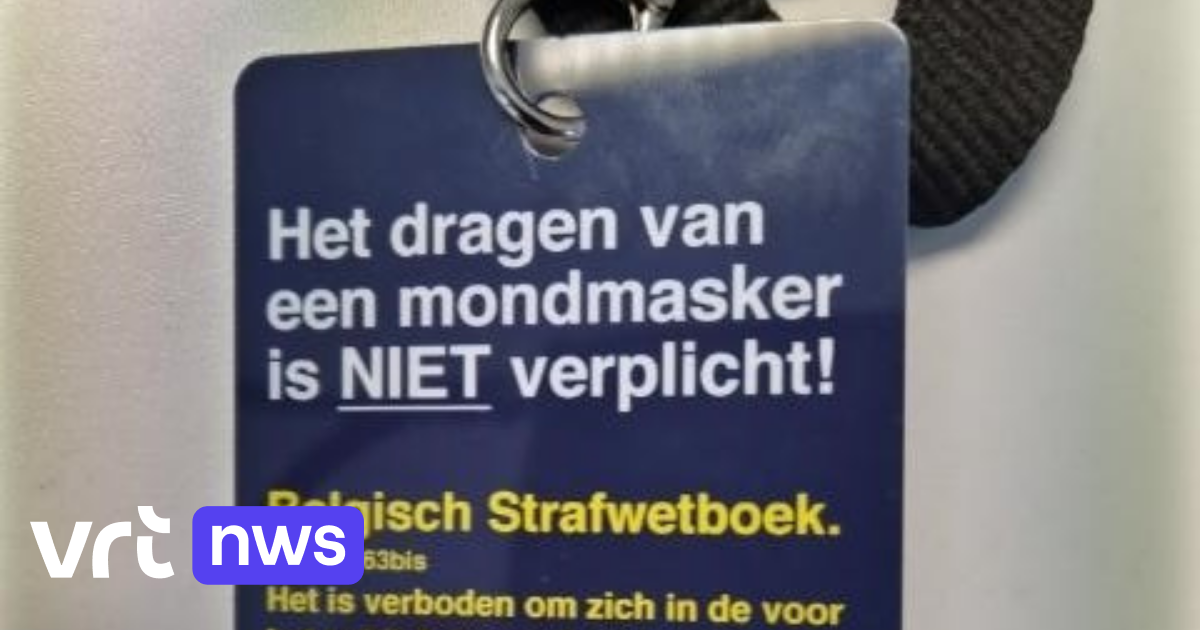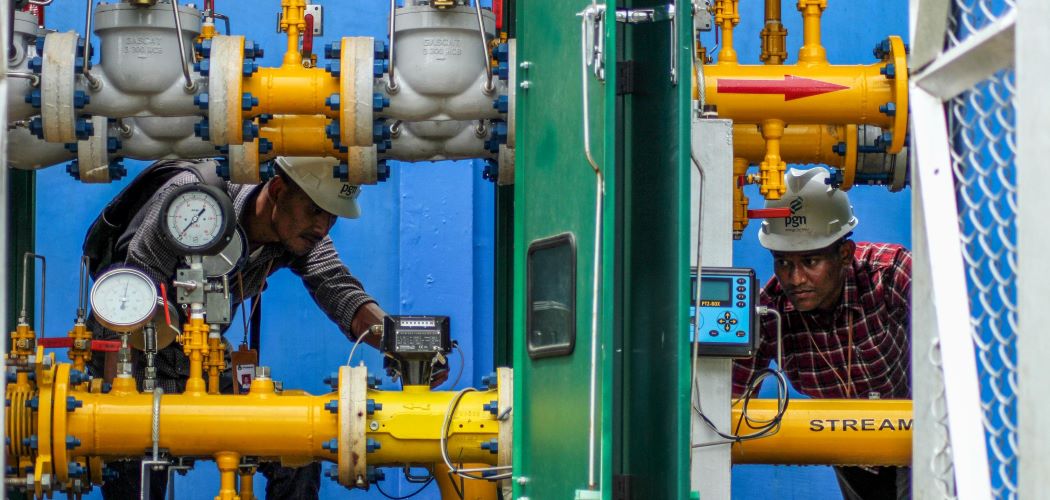A little over two and a half months ago, they shone brightly in Tokyo for the Paralympic Games. Since then, disabled athletes have found their marks and their daily lives. Their jobs too, for some. On the occasion of the European week for the employment of people with disabilities (November 15-21), they evoke their double life: worker and high level athlete.
Multi-medalist table tennis player (2008, 2012, 2016, 2021), Florian Merrien works within the Departmental Council of Seine-Maritime. Le Normand, after having been a table tennis coach and then having worked in aeronautics in the Paris region, has moved closer to Rouen since 2016 by being hired by the Department. According to him, access to employment for high-level athletes with disabilities has evolved positively in recent years. “Maybe a little slower for people with disabilities”, he tempers.
If he praises the advantages of secondment – which, with the employer’s agreement, allows him to free up between 60 and 80% of his working time to train – he qualifies: “Working at 100% and winning medals is not possible and institutions have understood this for a few years. But I remain convinced that we are still very late since we are not a professional in our sport. In table tennis, some European countries (Poland, Germany) have broken down that barrier. This does not mean that they are billionaires, but that they can at least make a living from their sport. We are light years away: we have to pay for our international tournaments, when we are on a French team internship we have to pay our travel expenses … We remain very far from professionalism. I’m not saying it’s the sole fault of the French Handisport Federation (FFH), which has to manage 15 disciplines, but simply that there is a lack of public funds. ”
For Trésor Makunda, a blind athlete and bronze medalist in Tokyo over 400 meters, the adventure was a little different. After having been accompanied in his job search by the FFH, he took matters into his own hands to land a position at the SNCF, as an ambassador for sensitive situations in the direction of services. “For me it was essential, I could not continue my career if I did not have certainties for the future”, he says. Like Florian Merrien, he benefits from a secondment to practice his high-level sport, which can reach 100% during an Olympic year.
“Today I am more relaxed, I work in the accessibility pole on issues that are close to my heart and I am supported. In terms of support, this has nothing to do with the time when I played my first Games in 2004. Now, systems like the performance pact are there, companies want to have employees in disability situation. It is an added value at the level of the teams, at the level of the values that we transmit. ”
Audrey le Morvan, she hung up the table tennis racket in 2013, at only 26 years old. Double bronze medalist by team at the Paralympic Games in Athens and Beijing, she is now responsible for the socio-professional monitoring of high-level athletes within the Handisport Federation. “I take care of athletes who have a professional project and want to work. My role will be to find a company capable of welcoming them while allowing them to go on competitions and internships without loss of wages. Next to this, there may also be athletes who have been in business for several years and reach the top level. There, the objective will be to organize their working time, to negotiate a secondment. ”
In all, between 60 and 100 athletes are supported throughout the year and can benefit from different systems. “In 2010, I was lucky enough to have a national professional integration agreement (CIP) with Pôle Emploi. I ended my career having been hired, so the professional retraining was done simply: I went from a part-time to a full-time CDI. ” Other decentralized agreements at the regional level also exist with several funding organizations, but also corporate sponsorship or simpler agreements with small structures as with behemoths with well-established turnover.
Today, the champion is therefore in the transmission and confirms the influx of requests from companies. “There are a lot of them, yes. Now, the profiles must also correspond at least with those sought for the positions. ”
Another talent provider, the Joinville battalion and its army of champions have been recruiting disabled athletes for more than ten years within its military unit. From five in 2012 in London, for three medals, their number climbed to twenty participants in Tokyo for a harvest of 19 charms (out of 54), six of which were gold. Thus, these champions can devote themselves full time to their sports preparation in order to optimize their performance.
Handisport athletes, in association with the National Sports Center of Defense (CNSD), are supported by the institution and can, if they wish, integrate it fully after their sports career. They are also offered a retraining period. In anticipation of the Paris Games in 2024, the strength of the army of champions will swell to reach 173 high-level athletes including 33 with disabilities, also with a gateway for wounded soldiers, like the recent medalist of bronze in 200 meters KL1 (kayak) Rémy Boullé.

Paris 2024, precisely, is on everyone’s lips. “We feel that there are a few more resources, that there is this desire to do things well”, summarizes Florian Merrien. “A medal at the Games has more tangible value. People say to themselves ‘yes he has a disability’, but maybe we are seen more as top athletes now. We must take advantage of this opportunity to change the outlook and speeches, which have already changed a lot for the better in recent times. ”
Trésor Makunda is even more enthusiastic: “We can clearly see the enthusiasm for the next Games. I think that Paris 2024 will be a real accelerator for athletes with disabilities first, but also for the opening of recruitment policies on the side of companies. For people with disabilities, this event will be essential in relation to the evolution of our society. If we don’t rely on that, we’re going to miss the train. And there is a strong will around this project. These are small stones that we place to build this new vision of disability. ”
–


